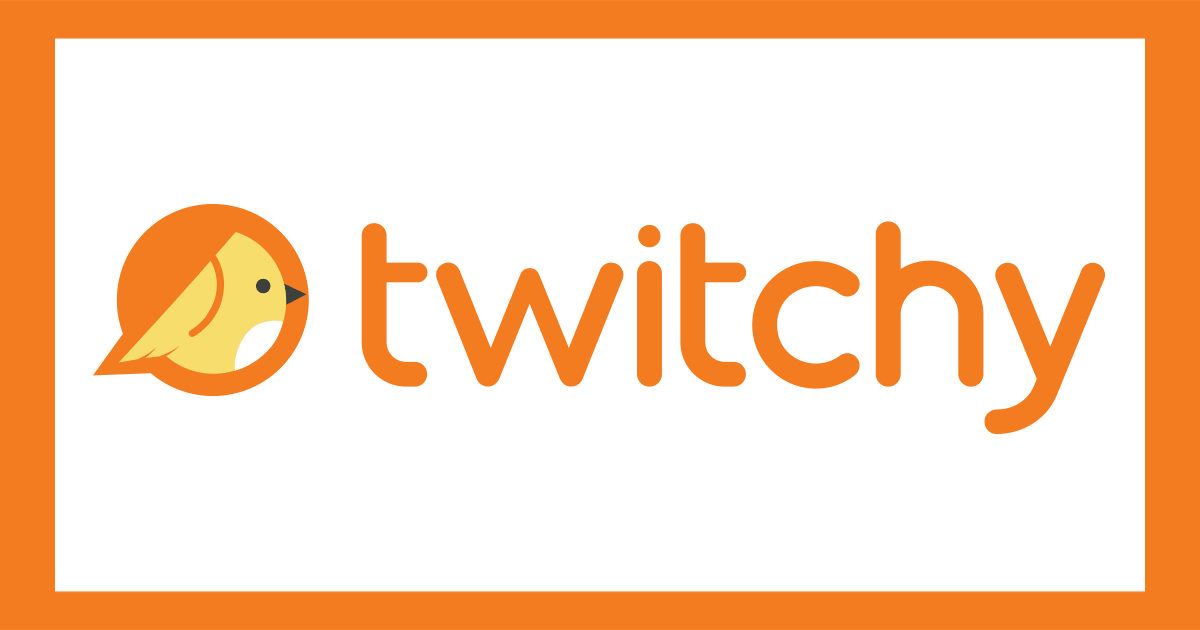YIKES. South Korean schools will start the new year online-only in an effort to continue coronavirus mitigation efforts in the country (if they’re not opening on time, what does that say about the U.S. timeline?):
South Korea’s schools will open online only from next week (April 9th) says the Prime Minister. All important test dates will be rescheduled. The government is also considering delaying the 수능 college entrance exam.
(H/t @HosuLakeLee )
— Laura Bicker (@BBCLBicker) March 30, 2020
This is also news to ABC’s Chief Political Analyst Matthew Dowd who didn’t even know that South Korea closed its schools in the first place:
South Korea tested well. They didn’t shut down schools or restaurants or businesses.
— Matthew Dowd (@matthewjdowd) March 23, 2020
Needless to say, parents in South Korea will not be happy with this:
Hopes that South Korea would start going back to normal in early April were dashed today; my sister just sent me the update: "The first to third graders at elementary schools will receive remote learning starting April 20. Kindergartens will remain closed indefinitely."
— Oliver Stuenkel (@OliverStuenkel) March 31, 2020
Schools have been closed since December:
South Korea’s schools have been closed since the winter holiday in December. It seems that the new school term will be online learning for a while. No timeline yet for how long the online classes will go on for, or how working parents will manage this situation.
— Laura Bicker (@BBCLBicker) March 30, 2020
Recommended
And as for just copying South Korea, it’s not just “testing” as Dowd would have you believe. There are major policy changes that would need to be taken:
Too many people are getting the impression that we can simply do what South Korea or Taiwan or Singapore is doing. We can’t, at least without major policy changes, because in those countries the health IT infrastructure is far more robust (with some compromises on privacy).
— Avik Roy (@Avik) March 24, 2020
For example, they’re taking your temperature whenever you enter buildings in South Korea:
South Korea stopped this cold by doing that in conjunction with universal mask-wearing, and temperature checks at the door. But US law forbids employers from blocking employees (and stores customers) from entering buildings by doing temperature checks. /7
— tedfrank (wash your hands, wear a mask ? ) (@tedfrank) March 31, 2020
And you’ve probably heard of their GPS tracking of positive cases? Here’s an example of what that means. . .
South Korea sent alerts of new cases, for eg: "A woman in her 60s has just tested positive, click on the link for the places she visited before she was hospitalised." (More on privacy issues: https://t.co/RApU3w44AJ) pic.twitter.com/8TIu7FELGQ
— Rashida Yosufzai (@Rashidajourno) March 25, 2020
More from The Hill on what South Korea is doing:
Another factor in how South Korea is dealing with the situation is that the government is making information public. For example, the GPS locations of people confirmed for COVID-19 is available on an app so that others can avoid those areas. As questionable as that may be from a privacy standpoint, it may help people feel informed and in control of their health.
South Korea has also been practicing social distancing to try to stem an increase in cases. With a population of about 51 million people, they’ve closed schools and offices and canceled large gatherings. There are thermal imaging cameras at entrances to buildings and people in costume in public spaces reminding others to wash their hands, according to BBC.
Well, America could do the costumed characters, at the very least.
***
























Join the conversation as a VIP Member